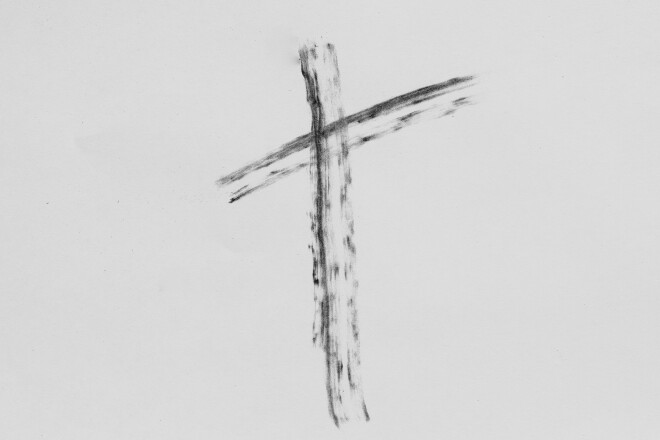CCQ Series Explanation

Over the course of the gospels, Jesus asks nearly 300 questions and answers a little over half. While we may offer our inquiries for different reasons, there can be little doubt that a servant is no greater than his master: the Christian life is one in which we find ourselves with an awful lot of questions.
It begins with the question of those who witnessed Pentecost, “What must I do to be saved?” As we begin to read the Bible our questions sound so much like that of the Ethiopian eunuch in asks as he grapples with scripture in Acts 8, “How can I understand this unless someone explains it to me?” At some point or another, when life grows dark, we find ourselves asking the question of David, “My God, My God, why have you forsaken me?”
Some of these are fleeting inquiries that pass us by without another thought, others linger and haunt us at night while we toss and turn, hoping to think our way to an answer. More often then not, we keep our questions to ourselves for fear that the fact that we don’t understand or aren’t entirely convinced of something will cause people to look at us differently. There are reasons for that, and they’re not unfounded.
For a people who bear the name of someone who asked so many questions, the church hasn’t always handled honest inquiry well. However, what we see in the gospels is Jesus takes sincere questions seriously. This is why he calls Nathaniel an, “Israelite in whom there is no deceit.”
At C+C we want to have the same posture, and welcome honest questions whether you’re a Christian faithfully seeking understanding, or you’re not sure what you believe but are trying to understand the logic of faith. With that in mind, we’ve begun asking people to submit their questions on Thursday nights.
Every couple of weeks we’ll set aside time as a staff to think through those questions with you and offer some of our thoughts along a few resources to help you explore the topic in greater depth.
We do this because we believe that the gospel is true. We do this because we believe that there are answers to the questions you have. We do this because we know all the treasures of wisdom are hidden in Christ, and he invites us to love him with our minds.
So, we invite your questions, your doubts, and the things in the Christian message that don’t seem to add up. Together, let us seek understanding.


